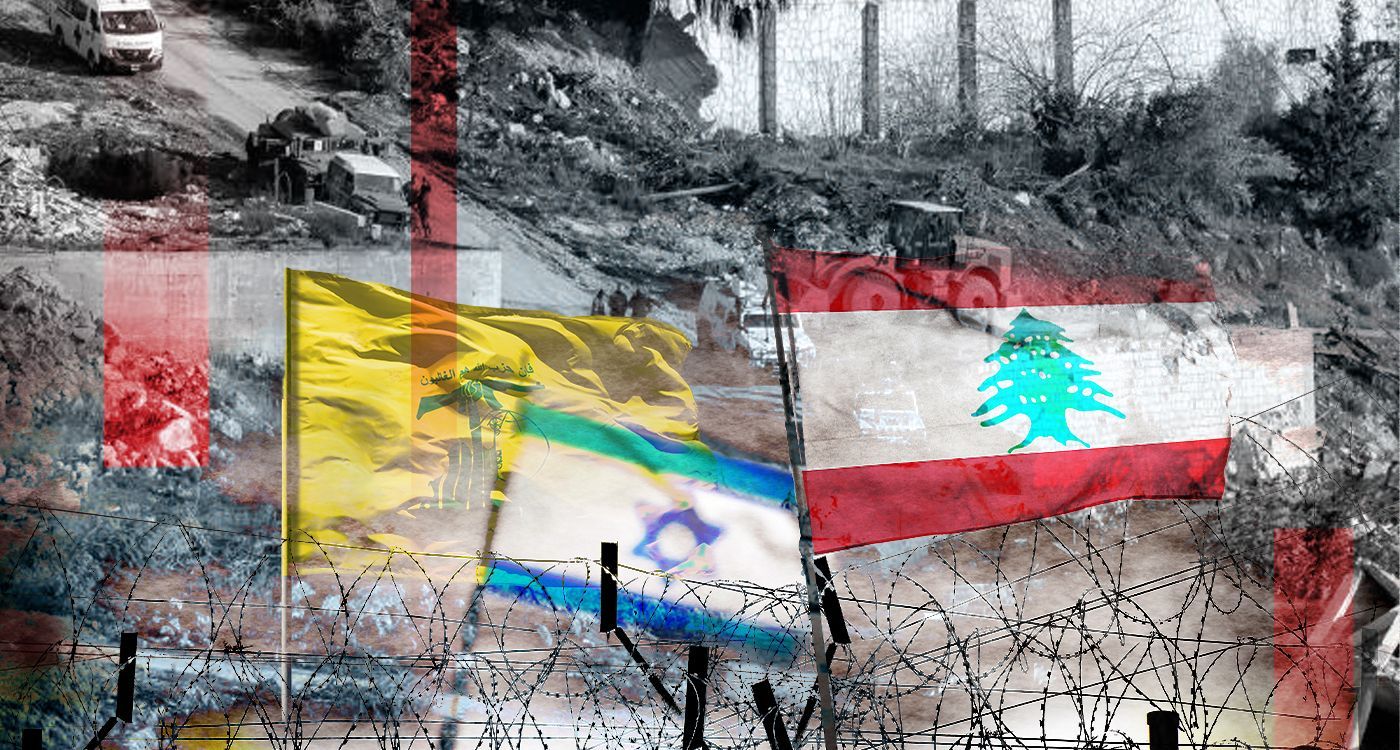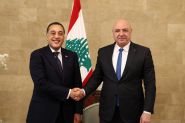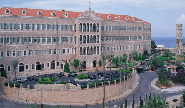
While Saudi Arabia was signing investment deals with the United States worth over $600 billion, and President Donald Trump was pursuing economic ventures exceeding $4 trillion to boost the global economy and forge new alliances, Lebanon was engaging in international politics on the scale of a mukhtar, a village chief.
As developments began to move beyond the narrow scope of the municipal elections that had dominated the past two months, President Joseph Aoun came under criticism from Hezbollah’s popular base over a handshake and brief meeting with Sheikh Mowafaq Tarif, the spiritual leader of the Druze community in Israel, on the sidelines of the new pope’s inauguration in Rome.
The irony is striking: the very group attacking the president is the same one mired in accusations of collaboration. It went as far as arresting its own supporters– those who expressed loyalty through chants, shouting and threats–on charges of working with Israel. Moreover, recent assassinations and security operations were reportedly coordinated with a network of informants within the party itself.
This very group was also the first to sign an agreement with Israel, effectively recognizing it as an established state during the maritime border demarcation process, all in pursuit of securing oil and gas rights. At the time, the deal was hailed as a national achievement, though it fell far short of what Lebanon might have secured had the May 17 Agreement been signed four decades earlier.
Again, it was this very group that pledged Israel a ceasefire, security guarantees, the disarmament of areas north and south of the Litani River, and permitted it to continue its operations—including assassinations.
Therefore, this group has no right to criticize the president for whom he chooses to greet, or not. It is time to move beyond the petty politics that have reduced Lebanon to the scale of a mukhtar-led village and to focus on building a secure, stable country at peace with its neighbors, one that finally puts an end to the bleeding it has endured for 50 years, sacrificed in the name of regional causes and on behalf of all the peoples of the region.



Comments